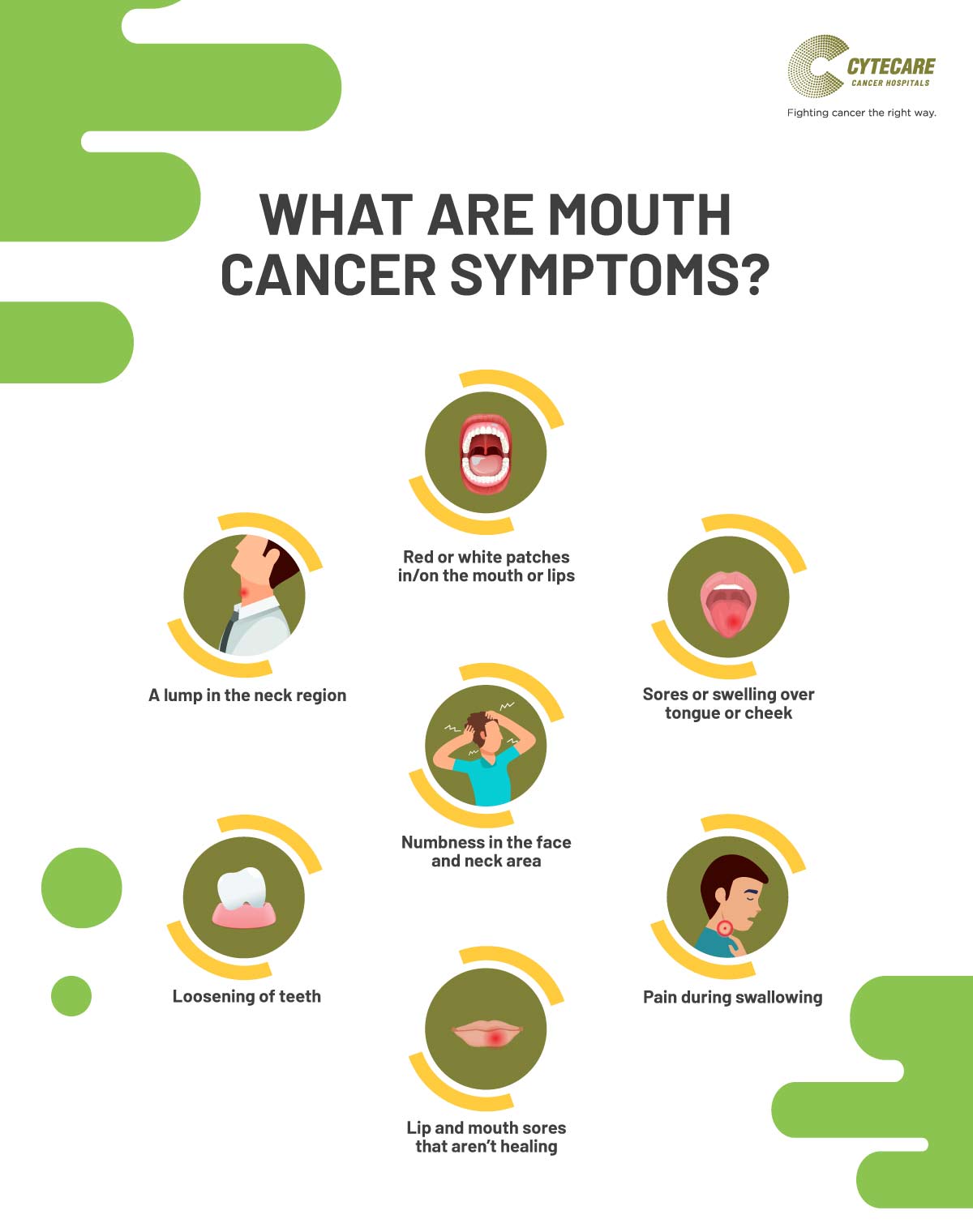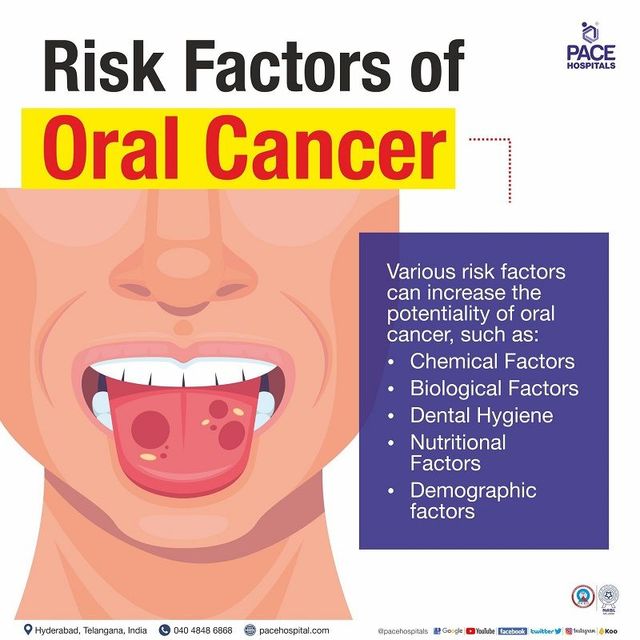
Oral cancer, also known as mouth cancer or oral cavity cancer, is a serious condition that affects thousands of people each year. It is a type of head and neck cancer that can develop in any part of the mouth, including the lips, tongue, gums, floor of the mouth, and the roof of the mouth.
This type of cancer can have a significant impact on a person’s overall health and well-being. It can cause difficulties with chewing, swallowing, and speaking, as well as affect a person’s appearance and self-esteem. Early detection and treatment are crucial in improving the chances of successful recovery.
Understanding the causes of oral cancer is important for both prevention and early diagnosis. While tobacco use, including smoking and chewing tobacco, is a well-known risk factor, there are other factors that can contribute to the development of oral cancer as well. These include heavy alcohol consumption, a family history of oral cancer, exposure to certain viruses, such as human papillomavirus (HPV), and poor oral hygiene.
Recognizing the symptoms of oral cancer is essential in identifying the disease at an early stage. Common symptoms include persistent mouth sores, swelling, lumps or thickening of the skin, difficulty swallowing or moving the tongue, and persistent ear pain. If you experience any of these symptoms, it is important to consult a healthcare professional for further evaluation and potential diagnosis.
Assessing the risk factors for oral cancer can help individuals take proactive measures to reduce their chances of developing the disease. Avoiding tobacco use, limiting alcohol consumption, practicing good oral hygiene, and getting vaccinated against potentially cancer-causing viruses are some of the steps that can be taken to lower the risk of oral cancer. Regular dental check-ups and screenings are also important in detecting oral cancer in its early stages.
Causes of Oral Cancer

Oral cancer occurs when there are changes (mutations) in the DNA of the cells in the mouth. These mutations cause the cells to grow uncontrollably and form a tumor. While the exact cause of oral cancer is still uncertain, there are several factors that can increase the risk of developing this disease.
Tobacco use, including smoking cigarettes, cigars, or pipes, as well as chewing tobacco, is one of the main causes of oral cancer. The chemicals present in tobacco products can damage the DNA in the cells of the mouth and lead to cancerous growth.
Excessive alcohol consumption is another significant risk factor for oral cancer. Regular heavy drinking can irritate the cells in the mouth and cause changes that can eventually lead to cancer.
Human papillomavirus (HPV) infection is also linked to the development of oral cancer. HPV is a sexually transmitted infection that can affect the cells in the mouth and throat, increasing the risk of cancer.
Poor oral hygiene and lack of regular dental care can contribute to the development of oral cancer. Neglected oral health can lead to chronic inflammation and infection, which can potentially lead to cancerous changes in the mouth.
Sun exposure can also increase the risk of oral cancer, particularly on the lips. Prolonged and unprotected exposure to ultraviolet (UV) radiation from the sun can cause damage to the DNA in the cells of the lips, leading to cancer.
Other risk factors for oral cancer include a family history of the disease, a weakened immune system, certain dietary factors, and exposure to certain chemicals or substances such as asbestos or formaldehyde.
It is important to note that while these factors can increase the risk of oral cancer, not everyone who is exposed to them will develop the disease. Additionally, some people may develop oral cancer without having any of these risk factors.
If you are concerned about oral cancer, it is crucial to maintain good oral hygiene, avoid tobacco and excessive alcohol consumption, protect your lips from sun exposure, and practice safe sex to reduce the risk of developing this disease.
Risk Factors Associated with Oral Cancer
Oral cancer, like many other types of cancer, can have various risk factors that increase the chances of developing the disease. Understanding these risk factors can help individuals take preventative measures and seek early detection and treatment.
1. Tobacco Use: The leading cause of oral cancer is tobacco use, including smoking cigarettes, cigars, and pipes, as well as chewing tobacco or using snuff. Tobacco contains harmful chemicals that can damage the cells in the mouth and lead to cancerous growths.
2. Alcohol Consumption: Excessive alcohol consumption is another significant risk factor for oral cancer. Alcohol can cause irritation and damage to the cells in the mouth, making it easier for cancerous cells to develop and thrive.
3. HPV Infection: The human papillomavirus (HPV) can increase the risk of oral cancer. Certain strains of HPV, particularly HPV-16, are known to be associated with oral cancers. Engaging in oral sex with an infected person can increase the chances of contracting HPV and developing oral cancer.
4. Sun Exposure: Prolonged and unprotected exposure to the sun’s ultraviolet (UV) rays can increase the risk of lip cancer. Using lip balm or sunscreen with SPF on the lips and avoiding excessive sun exposure can help reduce this risk.
5. Age and Gender: Oral cancer is more commonly diagnosed in individuals over the age of 40. Men have a higher risk of developing oral cancer than women, although the gap is narrowing.
6. Poor Oral Hygiene: Neglecting proper oral hygiene, such as regular brushing, flossing, and dental check-ups, can contribute to the development of oral cancer. Poor oral health allows bacteria and other harmful substances to accumulate in the mouth, increasing the risk of cancerous growths.
7. Family History: Individuals with a family history of oral cancer may have an increased risk of developing the disease. Genetic factors and shared behaviors within families can contribute to this increased risk.
8. Weakened Immune System: Having a weakened immune system due to conditions like HIV/AIDS or undergoing immunosuppressive therapy can make individuals more susceptible to developing oral cancer.
It’s important to note that having one or more risk factors does not guarantee the development of oral cancer, but it increases the chances. The best approach is to minimize exposure to these risk factors and maintain good oral health practices while seeking regular dental screenings for early detection and treatment.
Recognizing the Early Signs of Oral Cancer
Oral cancer is a serious and potentially life-threatening disease. Recognizing the early signs of oral cancer can help increase the chances of successful treatment and recovery. Here are some common signs to watch out for:
- Unexplained red or white patches on the tongue, gums, or lining of the mouth.
- A sore in the mouth that does not heal or bleeds easily.
- A lump or thickening in the mouth or neck area.
- Persistent hoarseness or difficulty in speaking.
- Pain or discomfort in the mouth or throat.
- Difficulty chewing, swallowing, or moving the jaw or tongue.
- A feeling of numbness in the mouth or lips.
- Change in the way your teeth fit together or in the alignment of your bite.
- Unexplained weight loss or loss of appetite.
- A persistent earache on one side.
If you notice any of these symptoms or have any concerns about your oral health, it is important to see a dentist or healthcare professional as soon as possible. Early detection of oral cancer can greatly improve the chances of successful treatment and a positive outcome.
Common Symptoms of Oral Cancer
Oral cancer can manifest through a variety of signs and symptoms. It is important to be aware of these symptoms in order to detect and diagnose oral cancer at an early stage. Here are some common symptoms that may indicate the presence of oral cancer:
- Swelling, lumps, or thickening in the mouth or neck
- Persistent sores or ulcers that do not heal within two weeks
- Red or white patches on the gums, tongue, tonsils, or lining of the mouth
- Persistent pain or discomfort in the mouth or throat
- Difficulty swallowing or chewing
- A sore throat or hoarseness that does not resolve
- Numbness or tingling sensation in the mouth or lips
- Unexplained weight loss
- Changes in the fit of dentures or other oral appliances
While these symptoms can be indicative of other oral health issues, it is important to consult a healthcare professional if you experience any of these symptoms for an extended period of time. Early detection and treatment of oral cancer can greatly increase the chances of successful treatment and recovery.
Importance of Regular Oral Cancer Screening
Regular oral cancer screening is a crucial part of maintaining good oral health. It allows for early detection and treatment of oral cancer, which can significantly increase the chances of a successful outcome.
During an oral cancer screening, a dental professional checks for any abnormalities in the mouth, such as sores, lumps, or changes in the color or texture of the oral tissues. They may also evaluate the patient’s medical history and ask about any risk factors, such as tobacco or alcohol use.
Early detection of oral cancer is crucial because it improves the chances of successful treatment and can potentially save lives. In its early stages, oral cancer often presents with no noticeable symptoms, making regular screenings even more important.
Regular screenings can also help identify potential risk factors for oral cancer, such as tobacco and alcohol use, a previous history of oral cancer, or a family history of the disease. By identifying these risk factors, individuals can take preventative measures to reduce their risk and improve their overall oral health.
It is recommended that individuals undergo regular oral cancer screenings at least once a year, or more frequently if they have certain risk factors. Screenings can be performed by a dentist or an oral surgeon and are typically quick and painless.
Overall, regular oral cancer screening plays a vital role in maintaining good oral health and preventing serious complications. It allows for early detection of oral cancer, identification of risk factors, and timely intervention, all of which contribute to better treatment outcomes and improved overall well-being.
| Benefits of Regular Oral Cancer Screening |
|---|
| Early detection for higher chances of successful treatment |
| Identification of risk factors for proactive prevention |
| Quick and painless screenings |
| Improved overall oral health |
